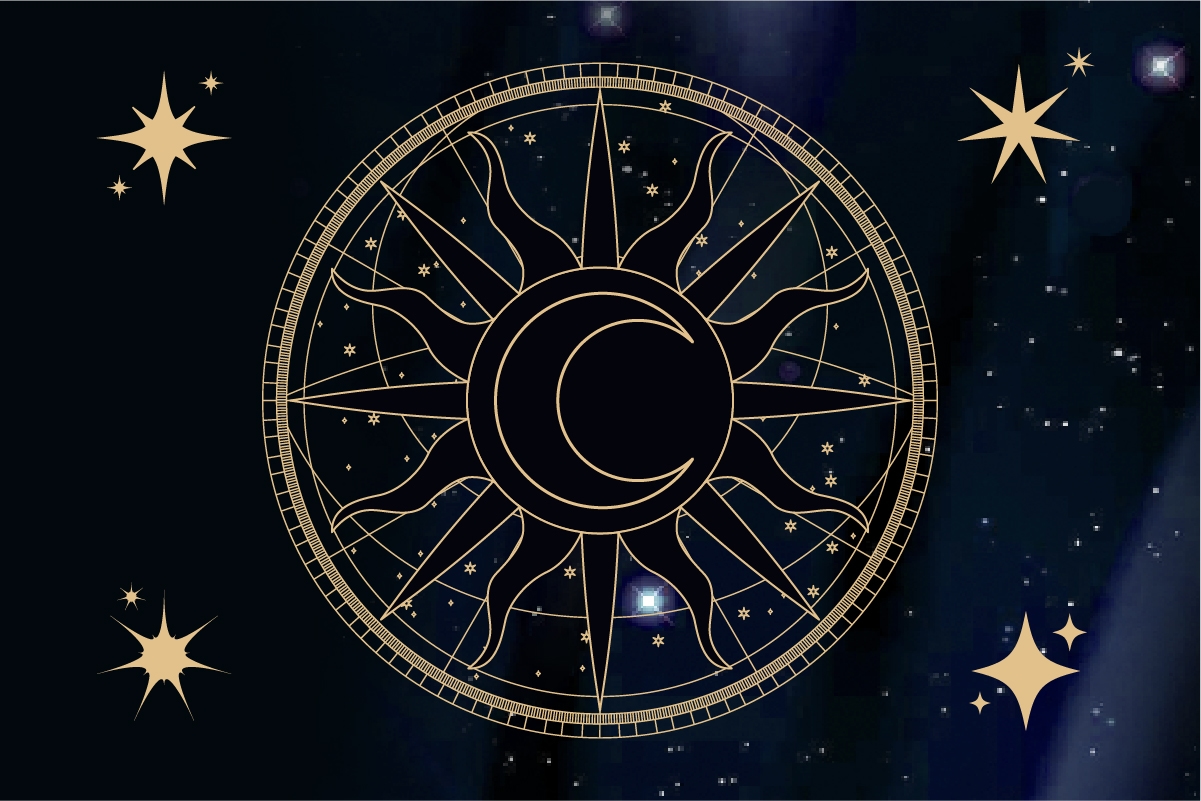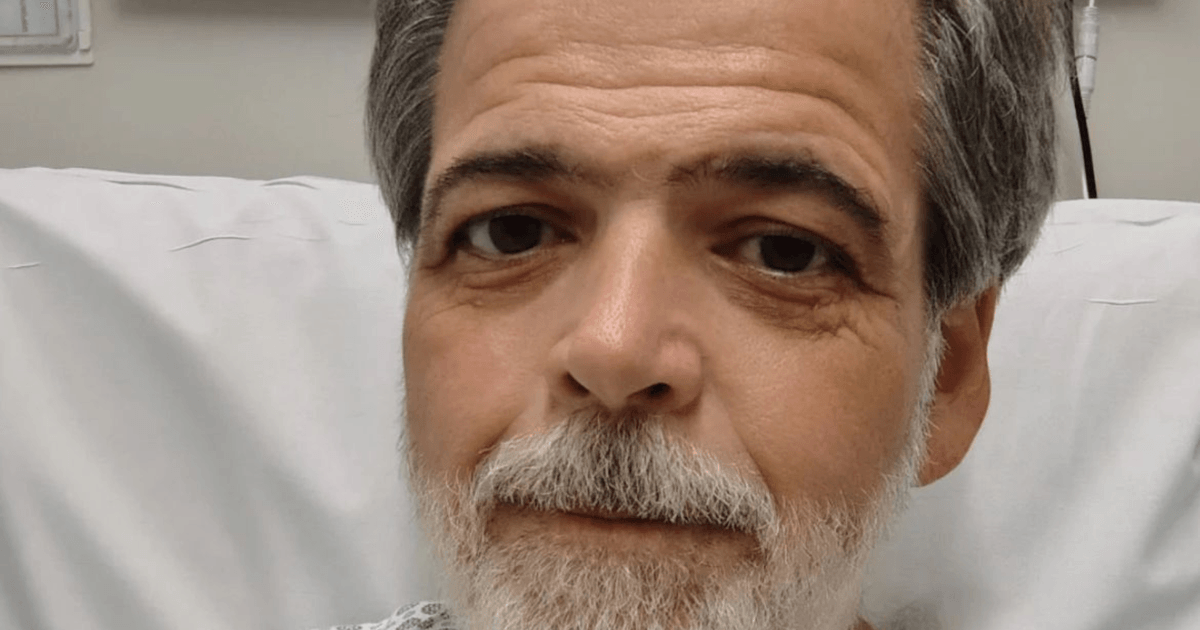Success as a presenter and his relationship with Cristina Ferreira [Exclusive interview]
![Success as a presenter and his relationship with Cristina Ferreira [Exclusive interview]](/_next/image?url=https%3A%2F%2Fwww.novagente.pt%2Fsites%2Fdefault%2Ffiles%2Fstyles%2Ffacebook_imagem%2Fpublic%2Fimages%2Fnoticia%2F2025%2F2025-11%2F2025-11-06%2Fnova-gente-121492-noticia-joao-patricio-sucesso-como-apresentador-relacao-com-cristina-ferreira.jpg%26t%3D1764522867&w=1920&q=100)
Still, he says this is temporary, because where he's happy is when he's doing his work. He experienced "an unrepeatable time" at SIC, with Cristina Ferreira. Because of the context and the character. "That mind never stops," says the man who plays the piano and has an airplane cockpit, where he spends hours simulating flights.
If, ten years ago, someone had told you that you were going to be the next big pop star on Portuguese television, would you have believed them?
[Loud laughter] No, not for now, because I don't agree with that statement [laughs]. My response would be: "That makes absolutely no sense, it's complete nonsense." It wasn't part of my plans, it was never something I wanted for myself.
But someone who has built a career in television, especially in leadership positions and knowing the system very well, never once thought: "What if I tried crossing the border?"
To be completely honest, no. It never crossed my mind [pause]. I can even pinpoint, chronologically, when it happened, because it was around the time SIC launched the Boca a Boca program on Saturday nights. I was the program's director and already had a foot in the newsroom, so there were some editorial responsibilities. And I was responsible for doing the casting, which consisted of a text on the teleprompter that I would read first next to the presenter who was doing the casting, so they could understand the tone, and then they would repeat it.
And none of them were as good as yours?
[laughs] After that, I pretended to be a guest and the presenters who were auditioning would interview me. Now, naturally, this was all recorded and then reviewed by all of us in management to select the presenter. At the time, my name came up because I was naturally present at all the recordings, and I immediately dismissed that intention.
It wasn't something that had been considered, that's fine, but did the idea of crossing to the other side of the road scare you?
No, not at all. But I was so happy doing everything else that I couldn't conceive of my life without directing, shaping, and producing television behind the camera. Therefore, I was so fulfilled in that, that it was inconceivable for me to give up that role to venture in front of the lens. For me, it made no sense at all.
And you had to give up all of that?
No. I can organize myself. I'm very methodical and, naturally, I have people who help me in that regard. Therefore, I had to reorganize my entire schedule to be able to be involved in all the areas I set out to be involved in.
So, you haven't lost your dose of happiness, have you?
No. I am perfectly aware that what I am about to say is a privilege, but I would hardly do something that didn't make me happy. I couldn't because it would be very noticeable. Therefore, I don't want to do anything that doesn't satisfy me and, as is evident, to accept this challenge, I knew exactly what I was accepting and what it would bring.
Who convinced you?
It was Zé Eduardo [Moniz], and it wasn't convincing. I usually say jokingly, but it's absolutely true, that I was coerced [laughs].
With a gun and everything?
Absolutely [laughs]. It took him a good two and a half years, almost three, before I said yes. I was practically worn down. I said we'd do it and see how it went, that we could do an experiment, and it was with this experimental profile that we launched "A Sentença," out of 20 programs that were awarded, obviously, to wrap up a program. It was absolutely essential to bring together a number of internal areas of the company, because the program was very well structured in that sense. And we budgeted for 20. It wasn't a shot in the dark either, because we knew that, in that time slot and with the program's profile, it would have an impact. I confess that we were a little surprised by the speed at which it happened, and even by the numbers.
The Sentence, and this type of program, are very well-tested. Thirty years ago, SIC already had The Judge Decides. It wasn't very different.
Not at all. We did a survey at the time and I believe there were approximately 70 programs in the world in this legal field, and "The Sentence" even has some details that make it unique. The resident jury is made up of people with their own doubts and sensitivities.
Didn't you do the casting?
No, but it naturally passed me by [laughs]. Because I make a distinction here.
(…)
"Cristina is an idealist"Did the public punish Cristina for leaving SIC and returning to TVI under those circumstances?
Punishing might be a strong term. I think it's natural that it happened, and I also think it's natural that it doesn't happen anymore. Time is extraordinary in that respect. Cristina is an idealist and a television creator, and during that period, it showed. Everyone had no doubts about that and about the absolutely extraordinary ideas that came out of her.
When she returned to TVI, she did other things that didn't go well, and Moniz always insisted that she go back to doing the morning show. It was a tough power struggle.
Cristina is very intuitive and very heartfelt, and I think the way she manages her life in that sense is good. At the time, when this transition happened, it was also very much driven by the heart. I feel completely comfortable saying this because I witnessed the whole process and was also a part of it. It was very much based on intuition, and therefore I am very pleased to see that, after all this time, things are completely resolved and there is no one in this country who does not recognize the immeasurable and unquestionable value that Cristina has as a television personality and media personality. This makes me particularly happy, because it is only right that it is so and that it is recognized that, if we had not had the opportunity to live in the same era that we have lived with Cristina, television would not be as good. This recognition does not always exist.
Text: Nuno Azinheira; Photos: Tito Calado
Read the full article in this week's NOVA GENTE magazine. Now on newsstands.
Follow Nova Gente on Instagram

Novagent





